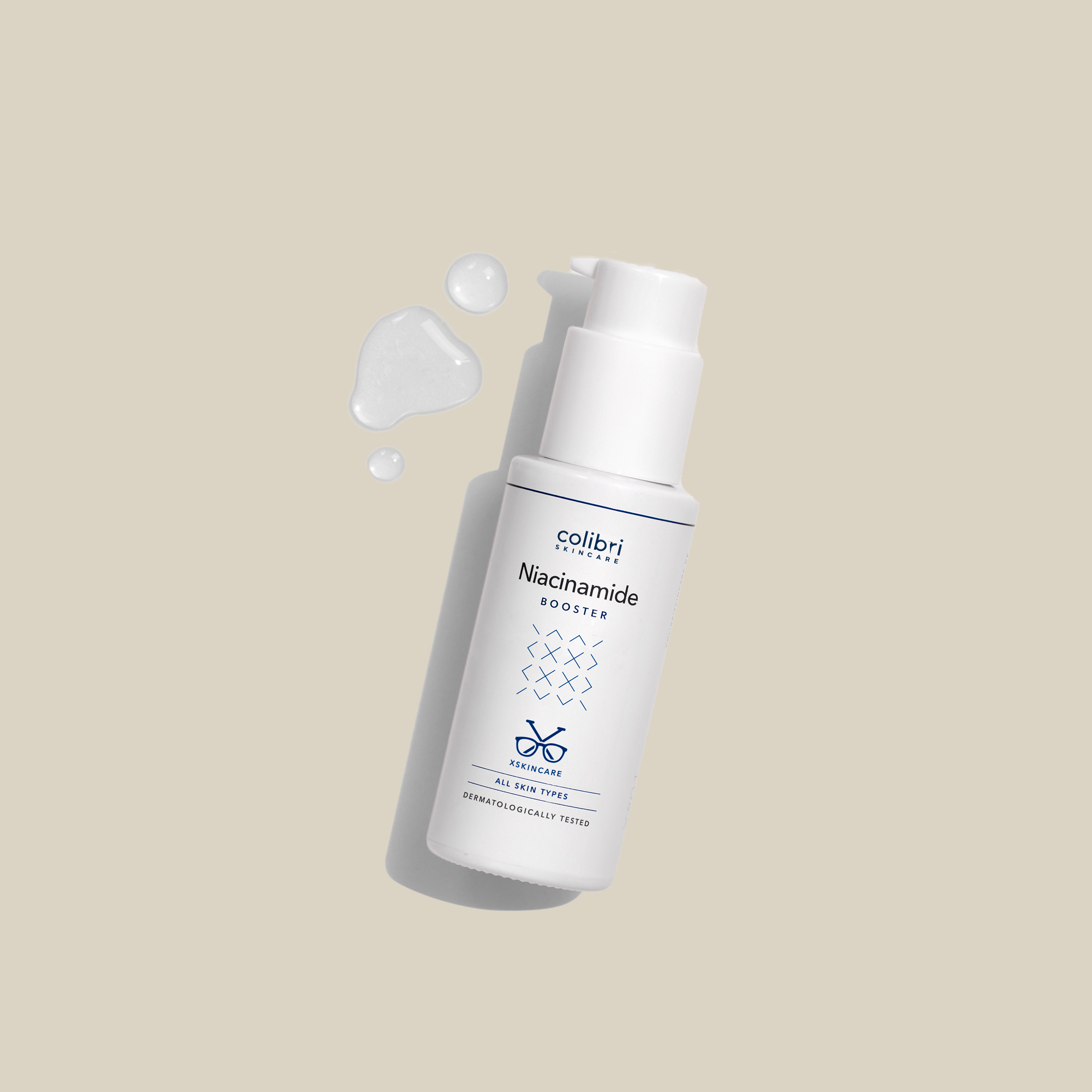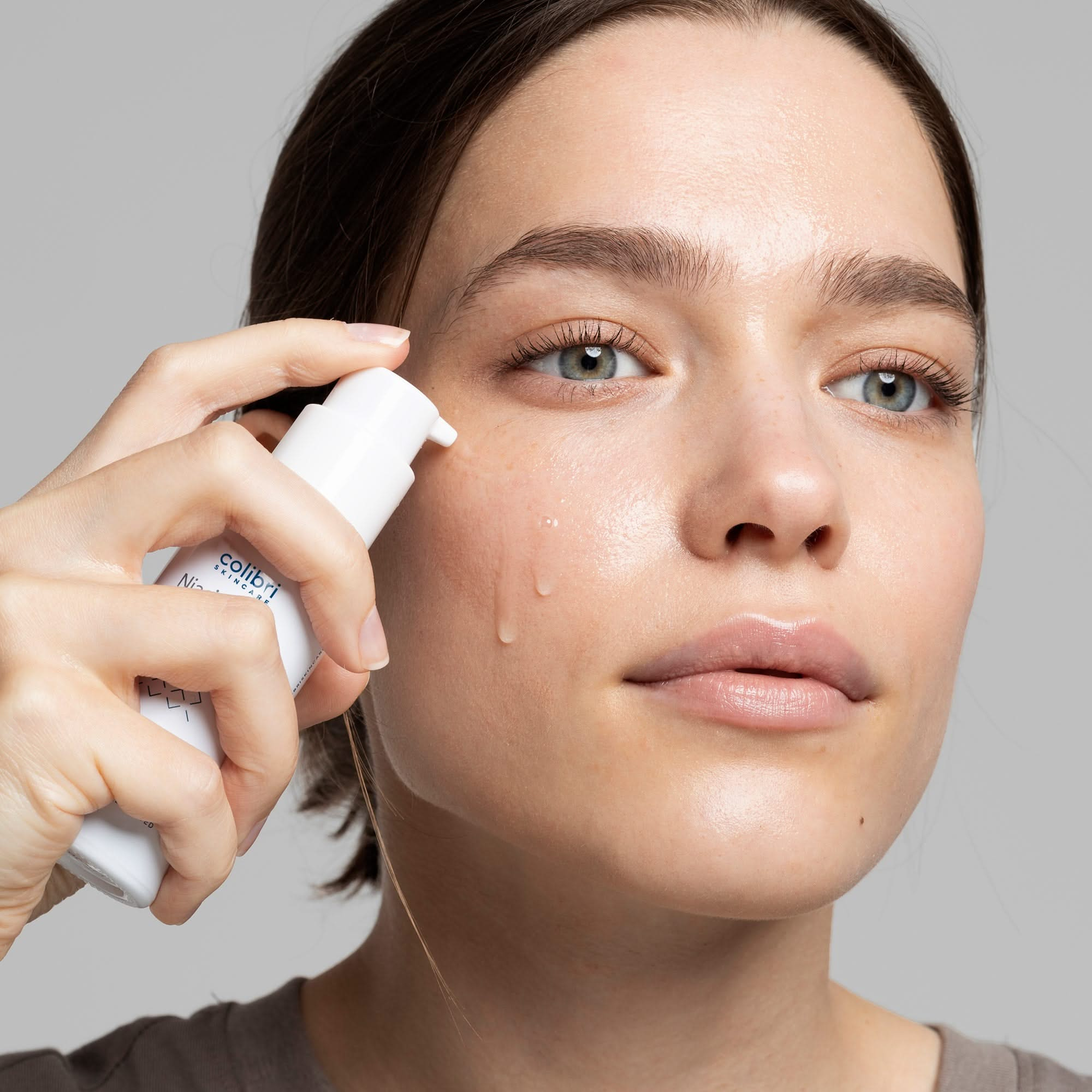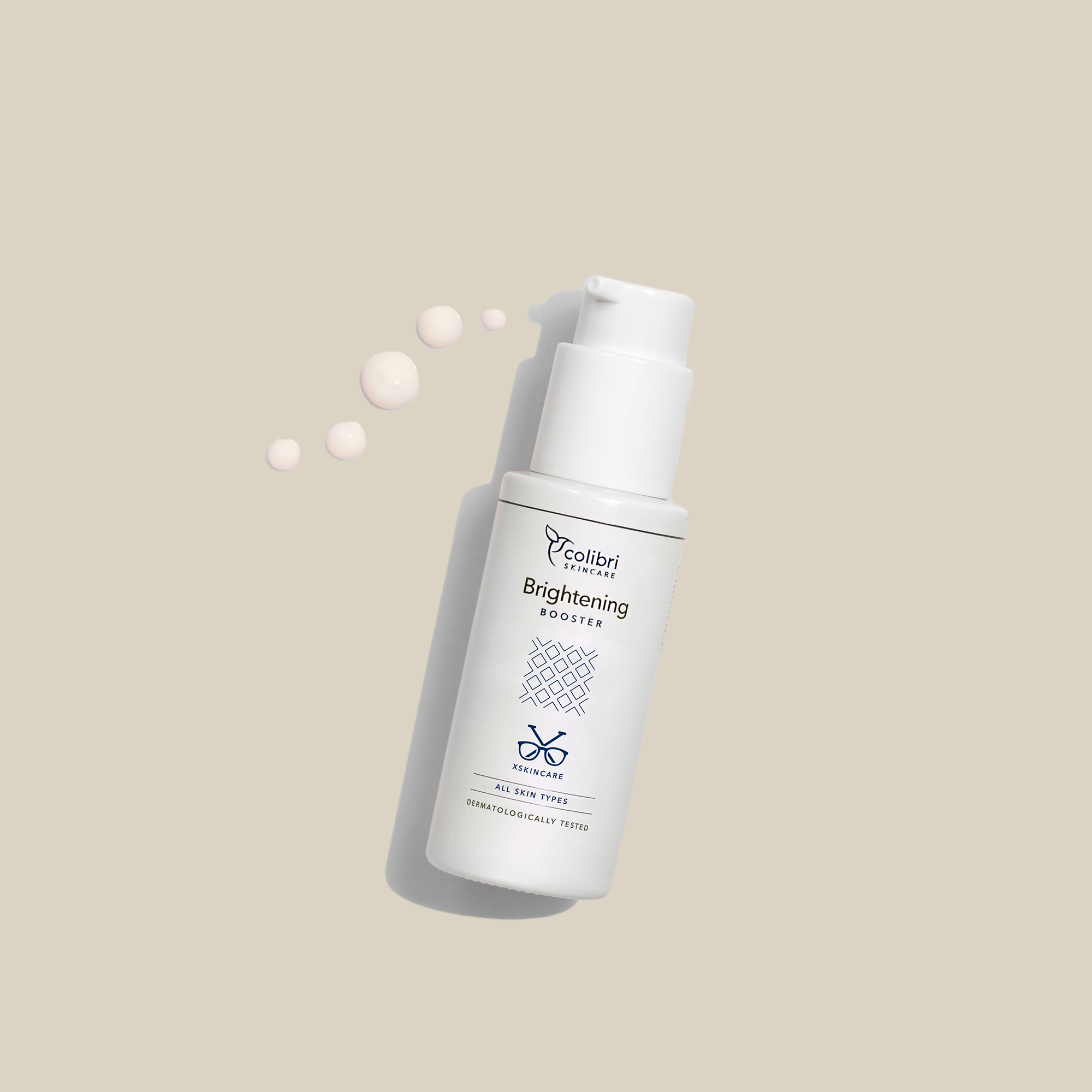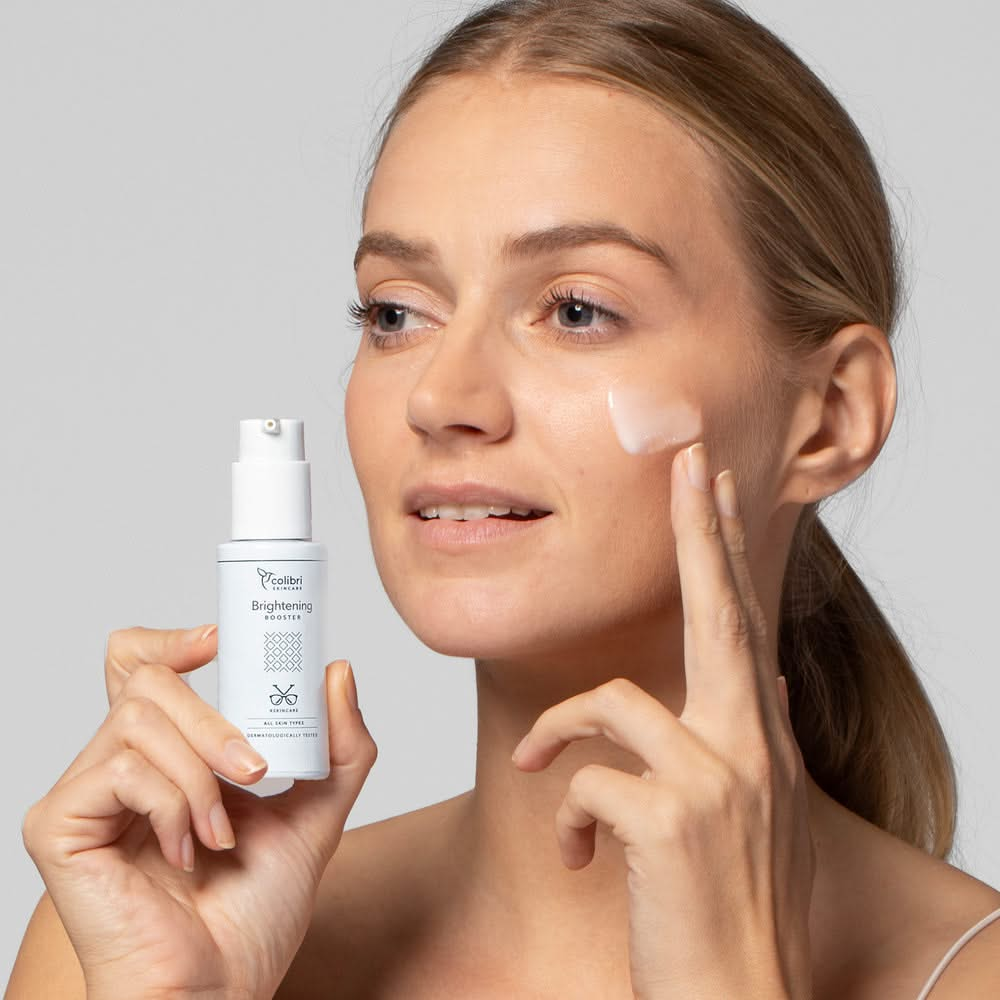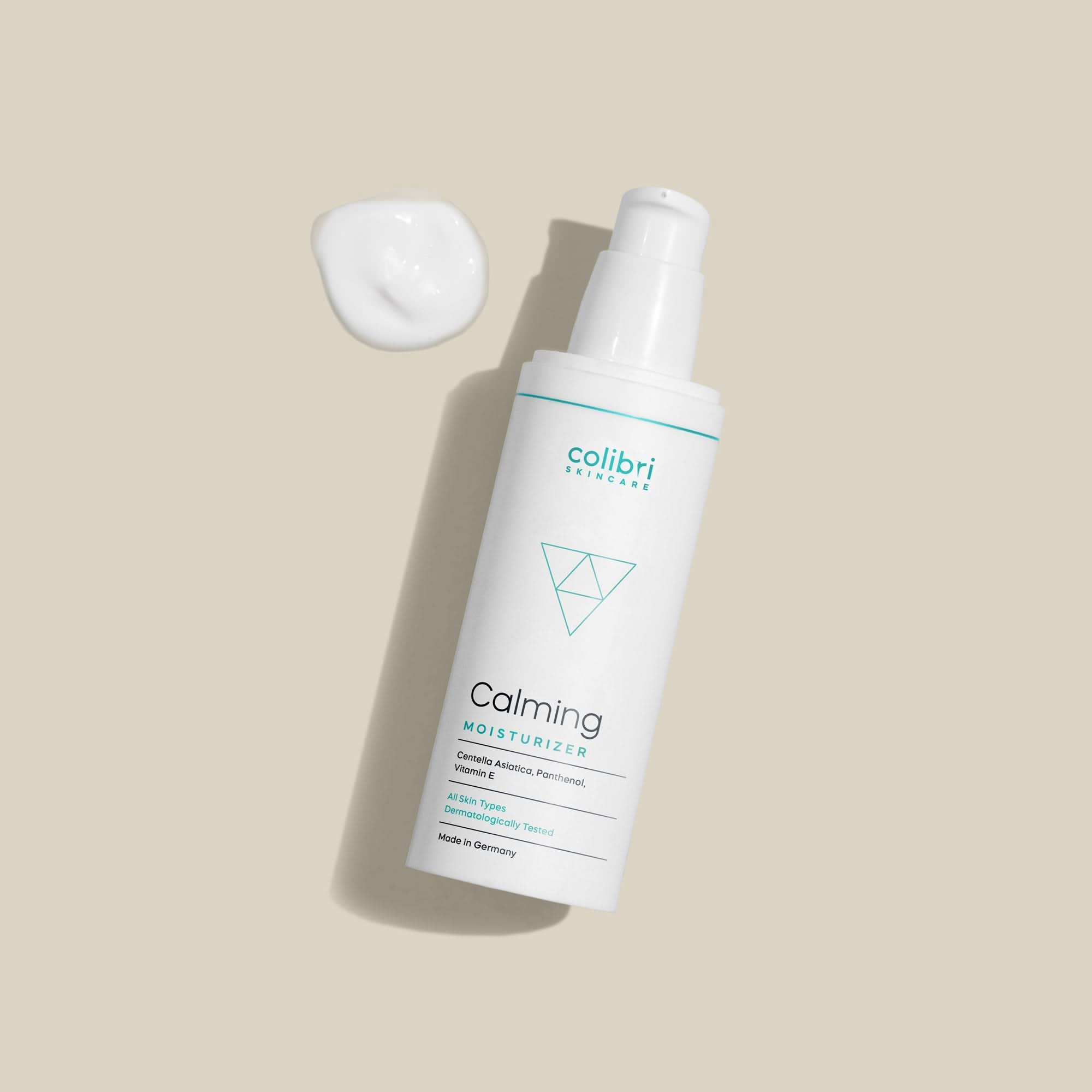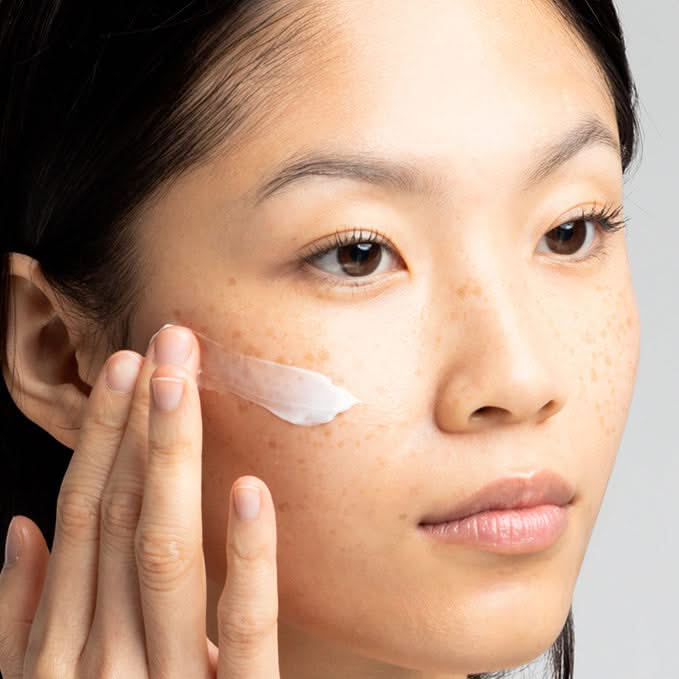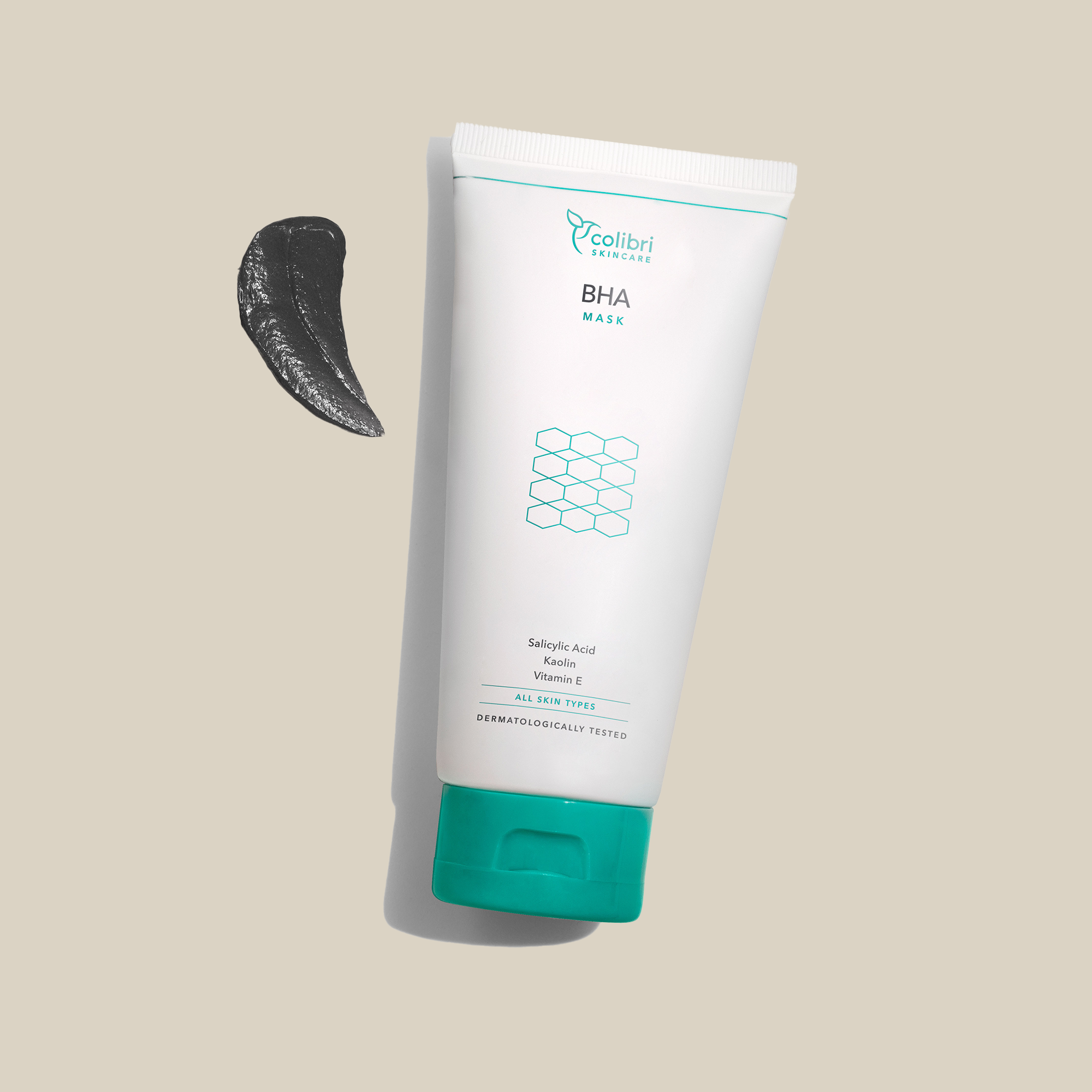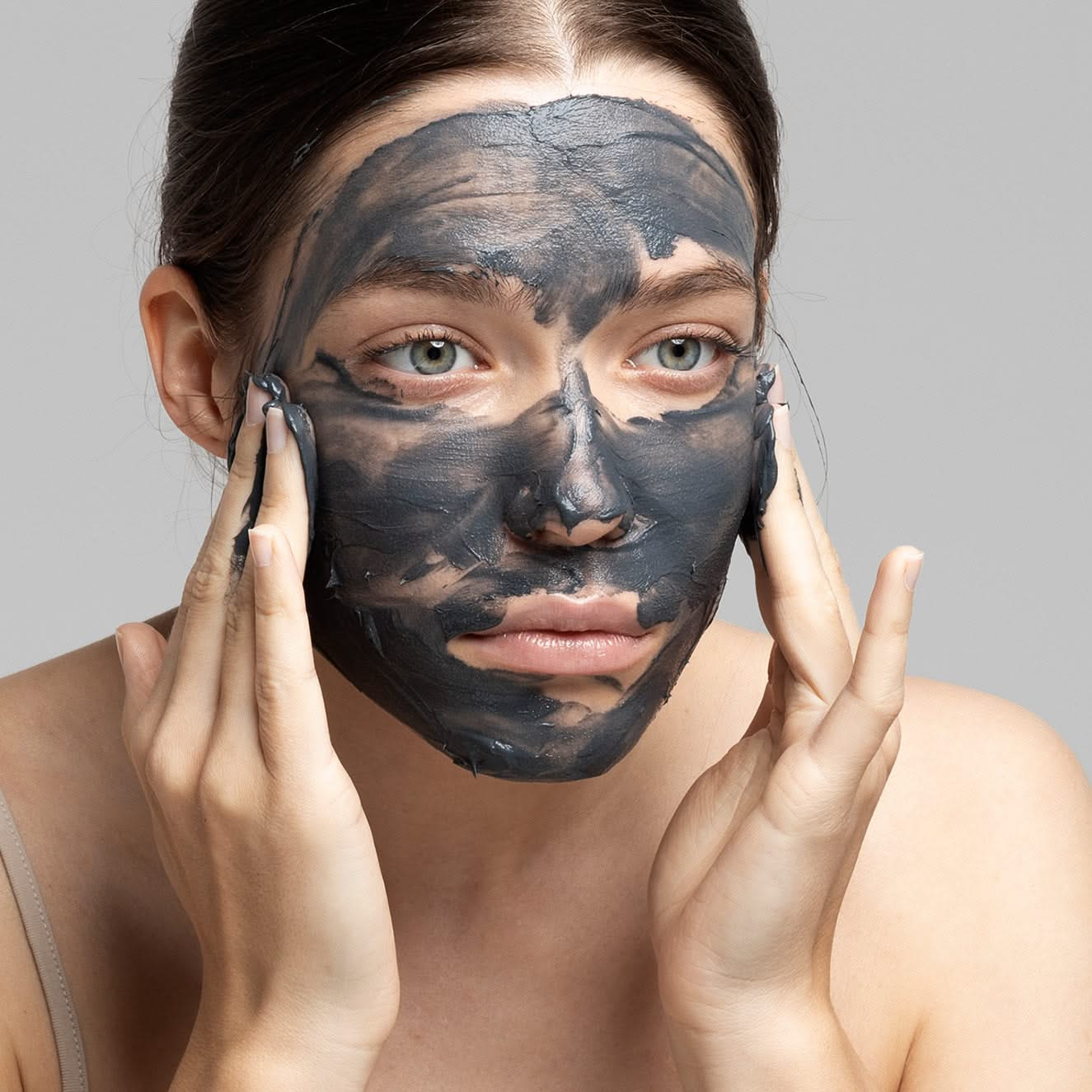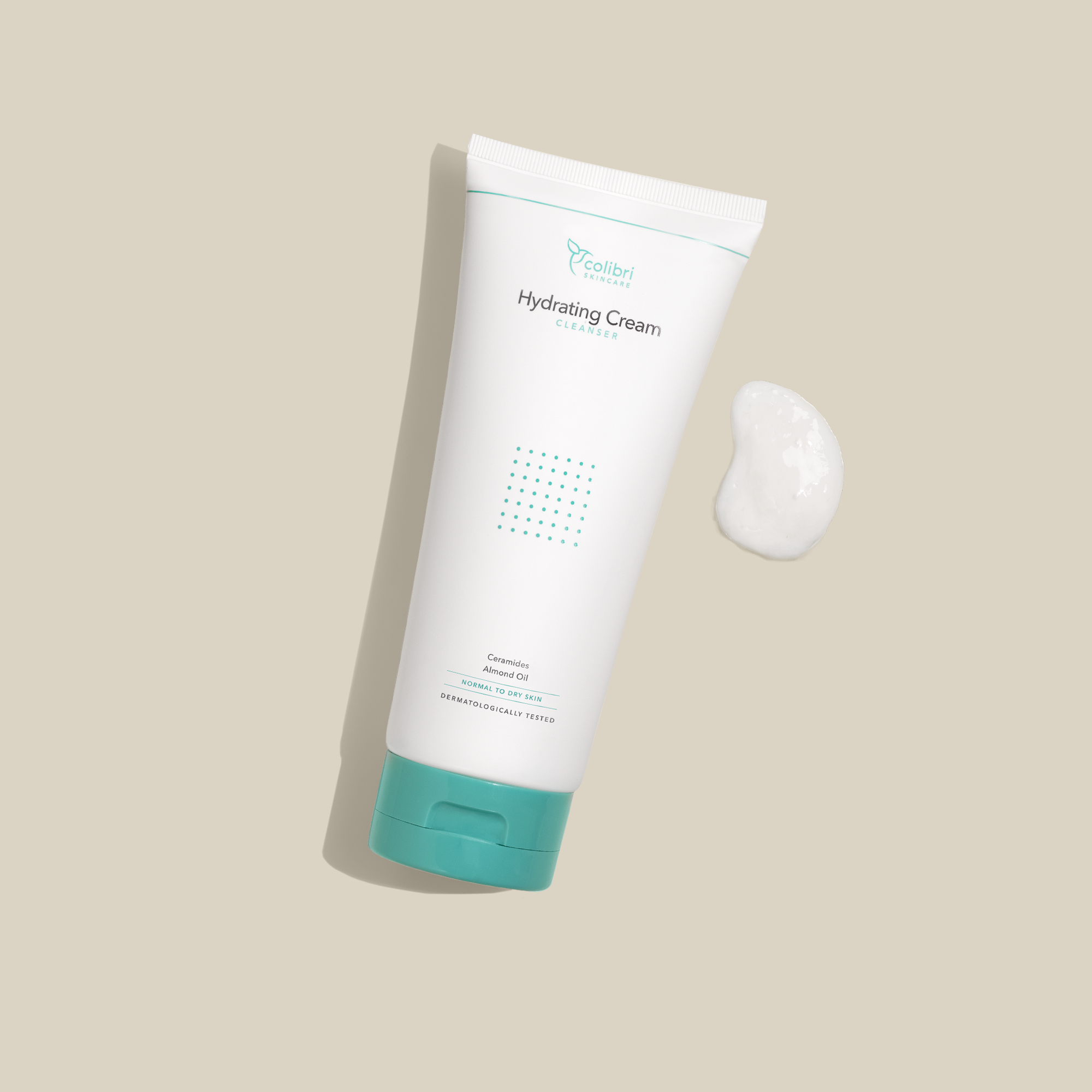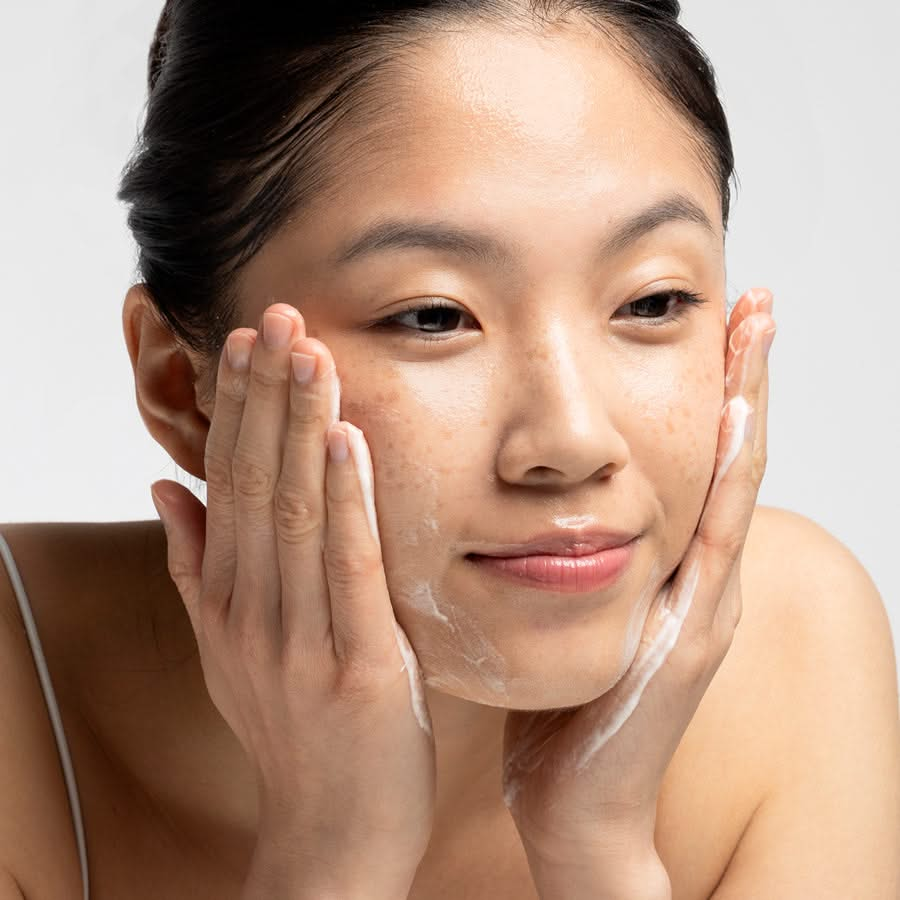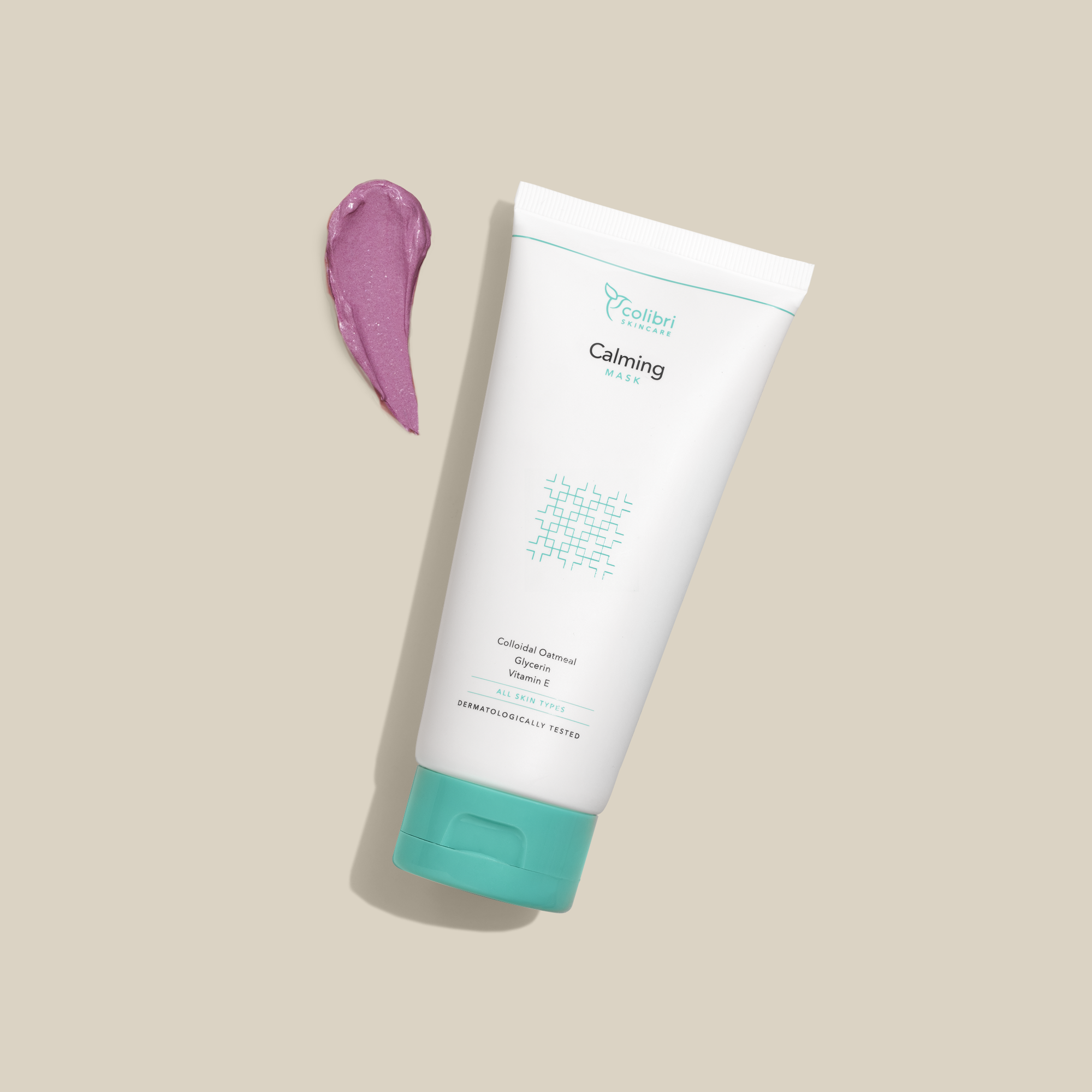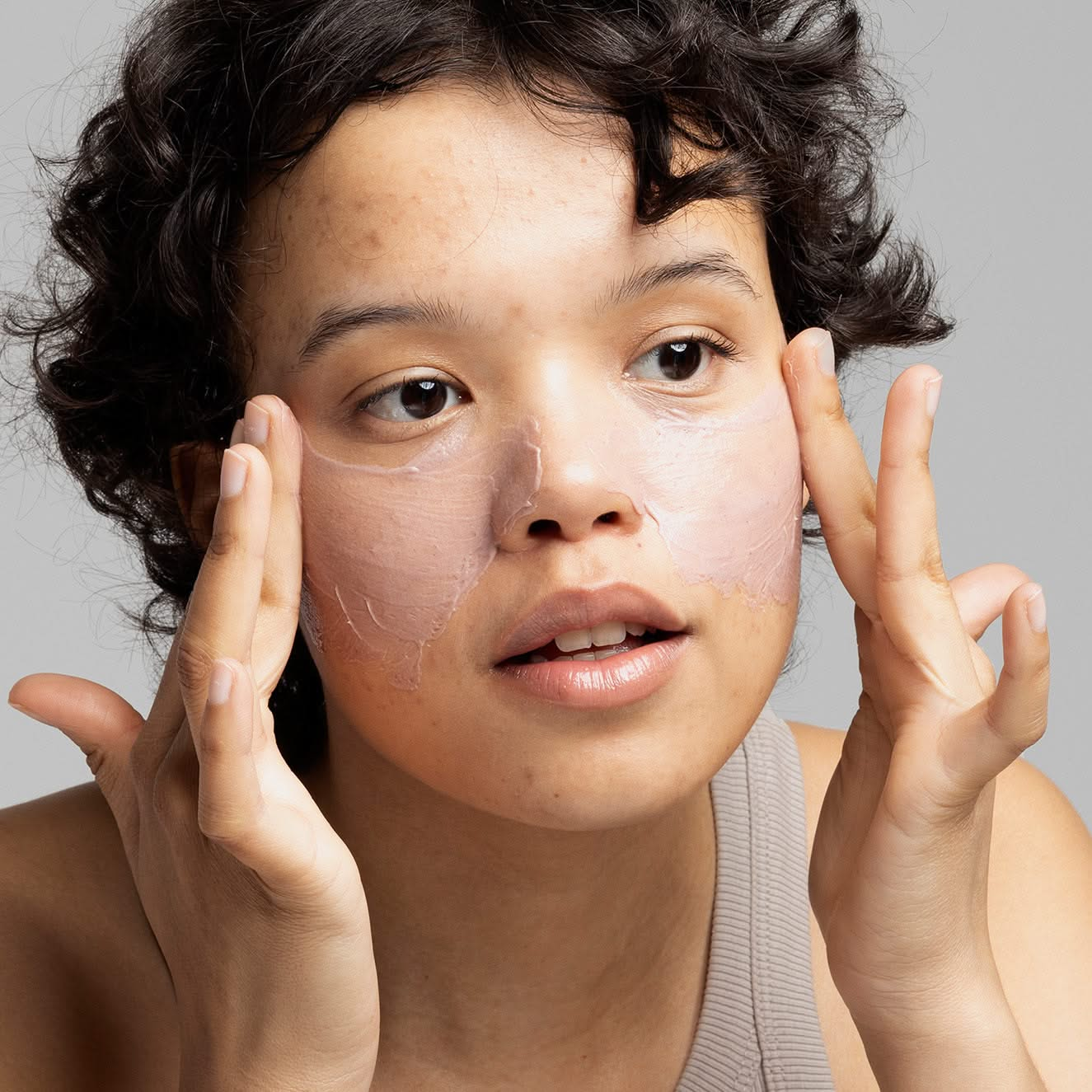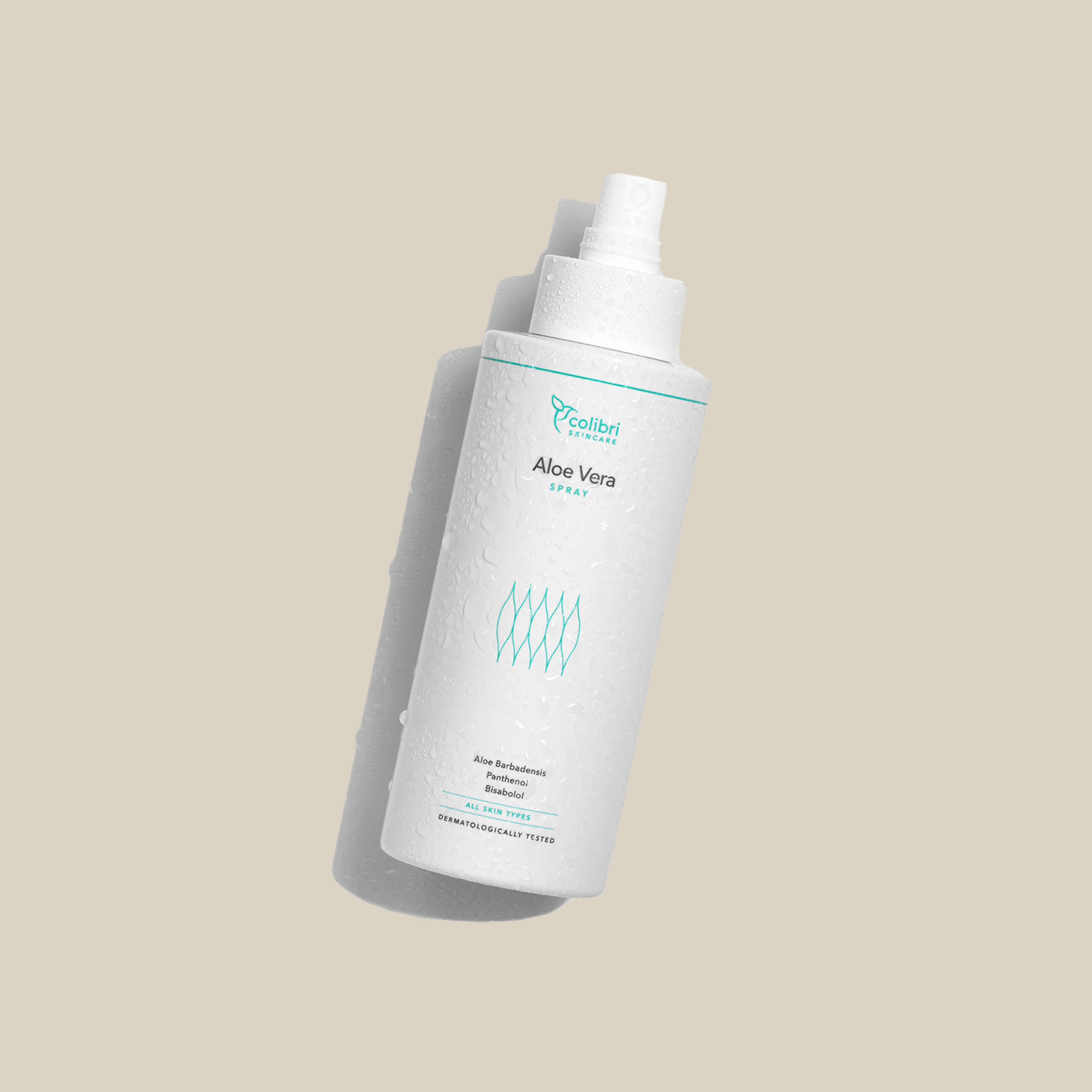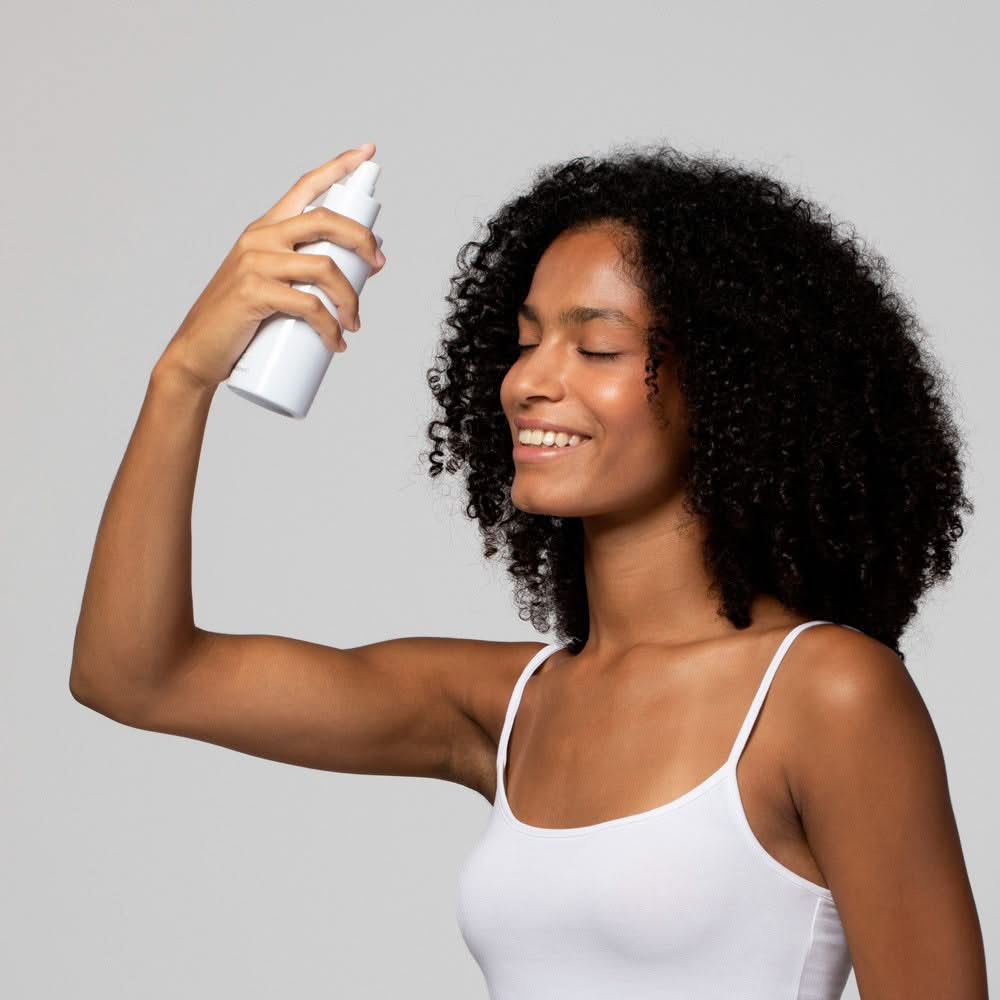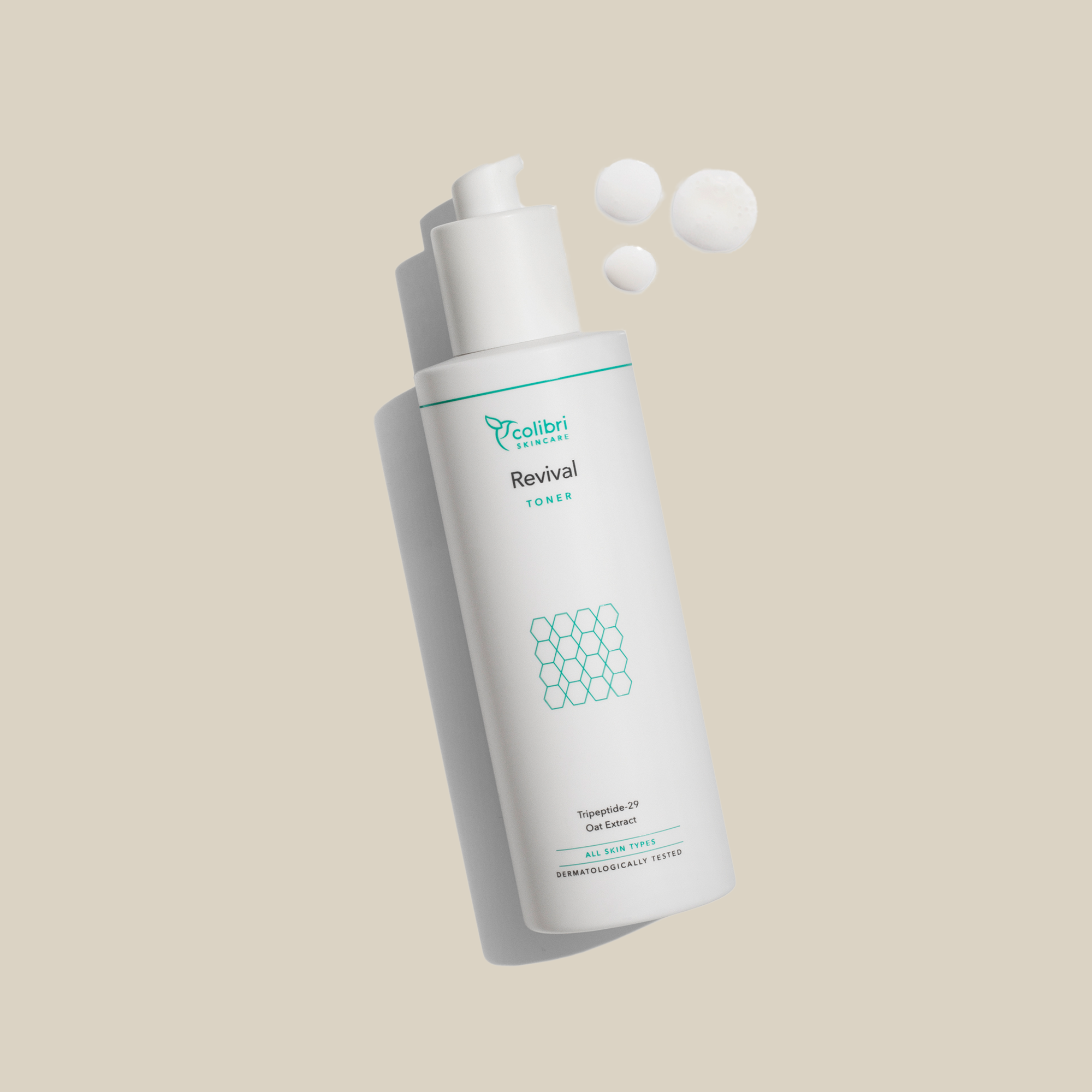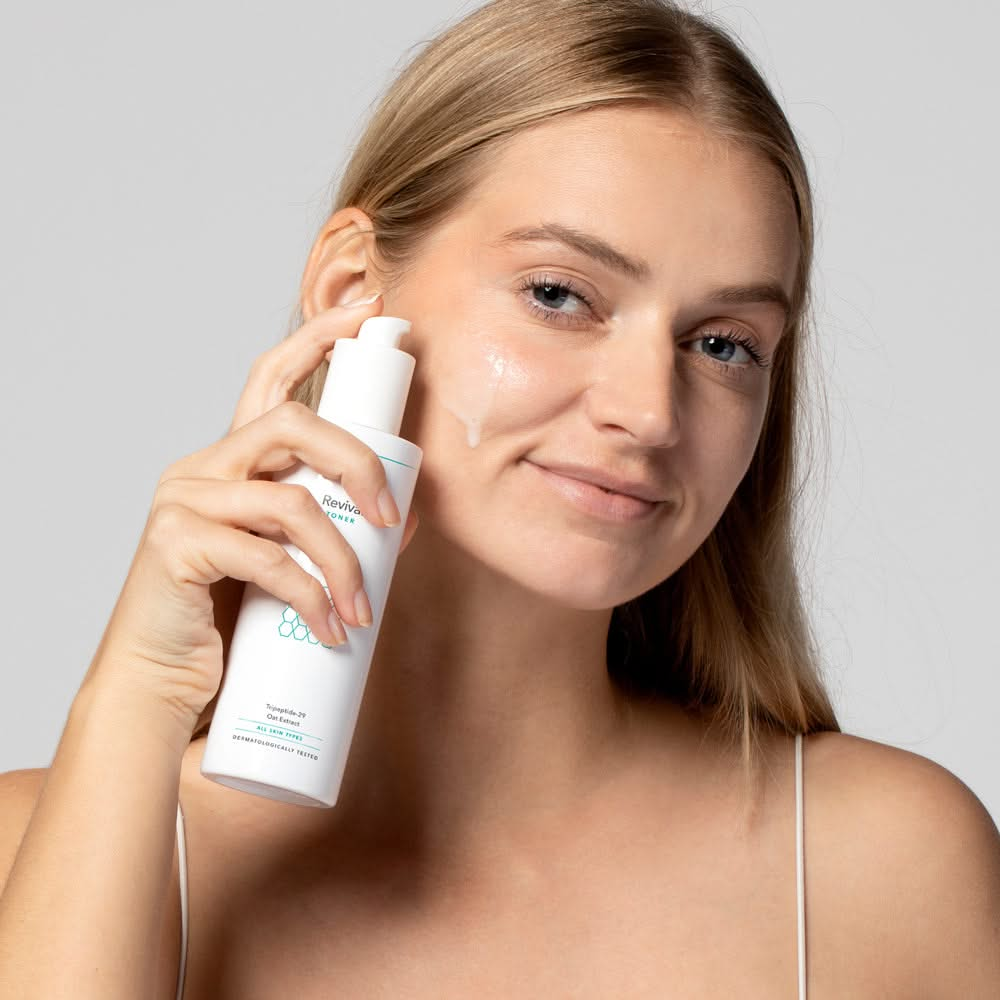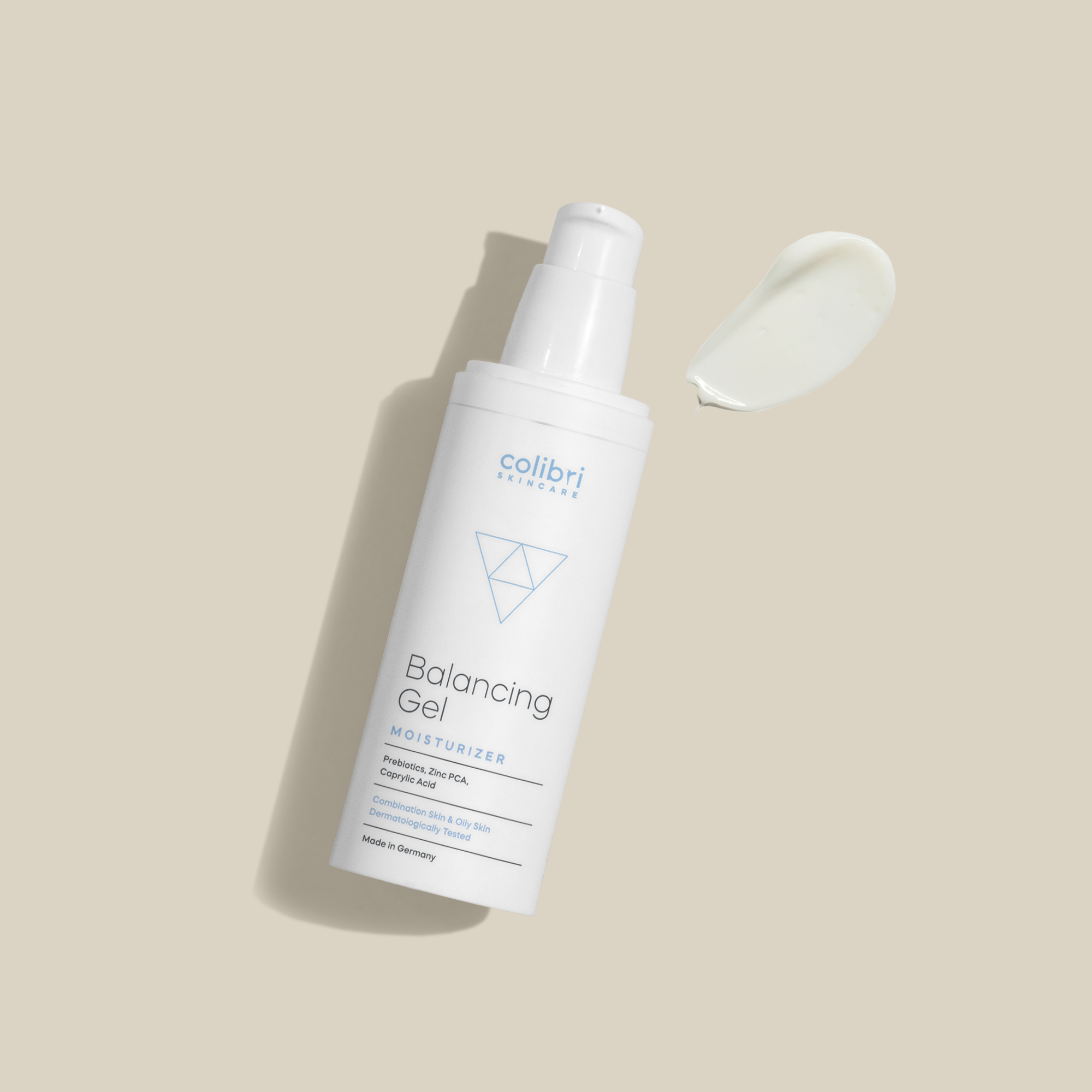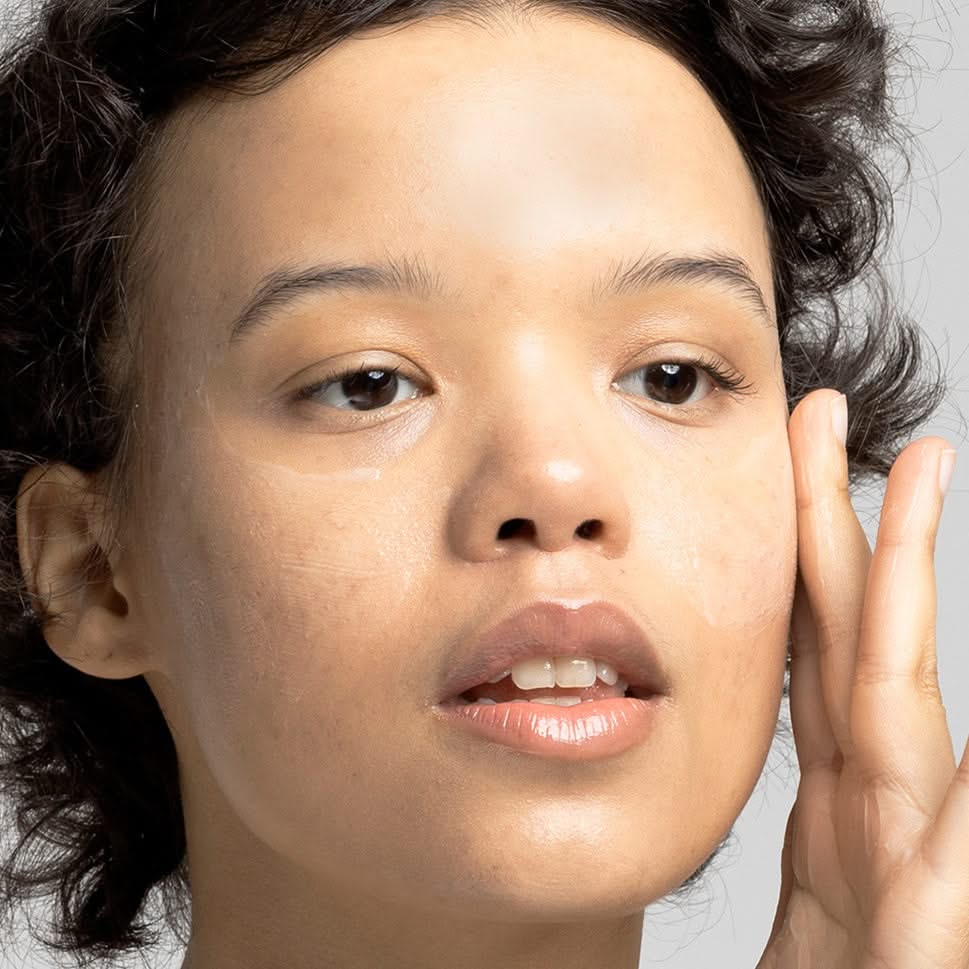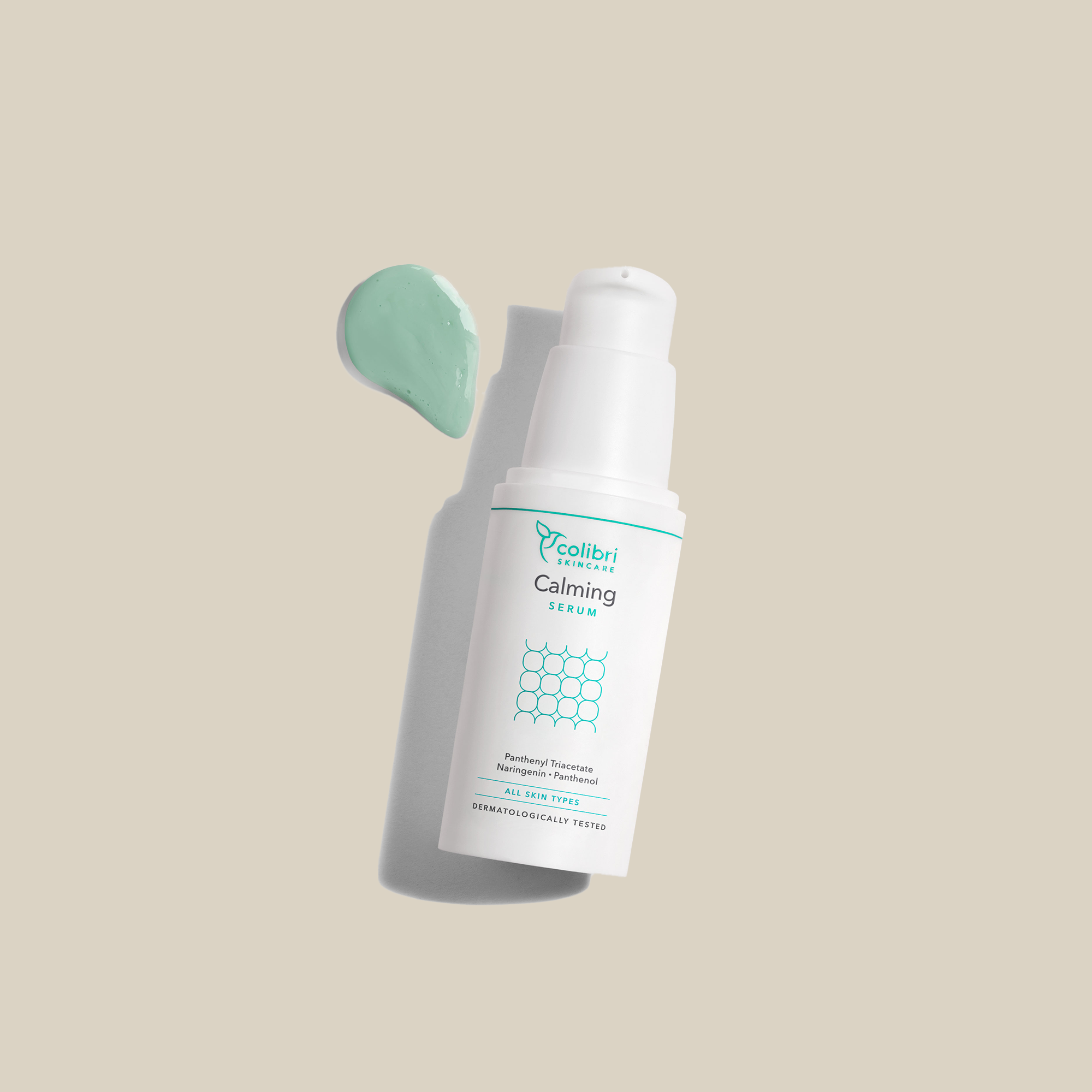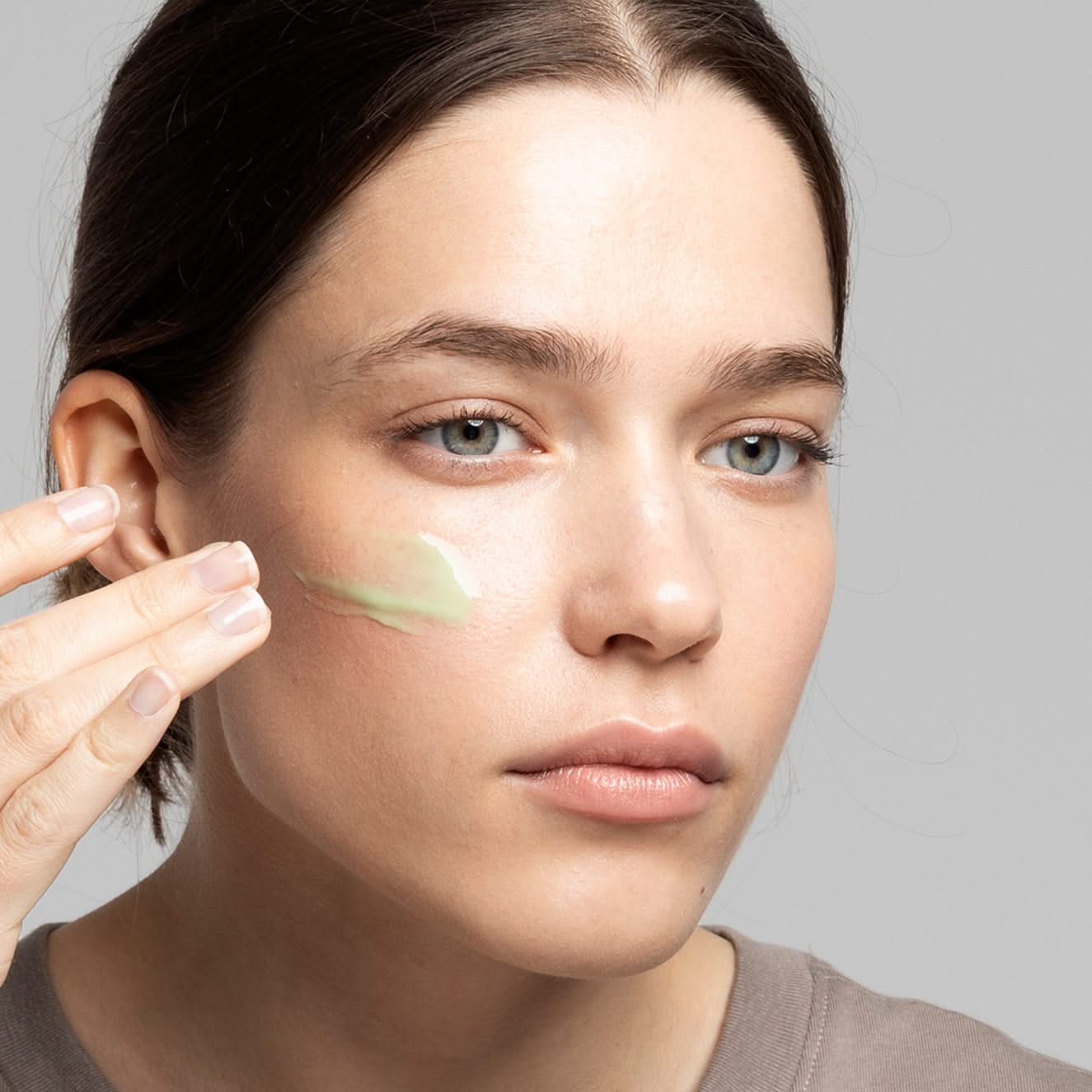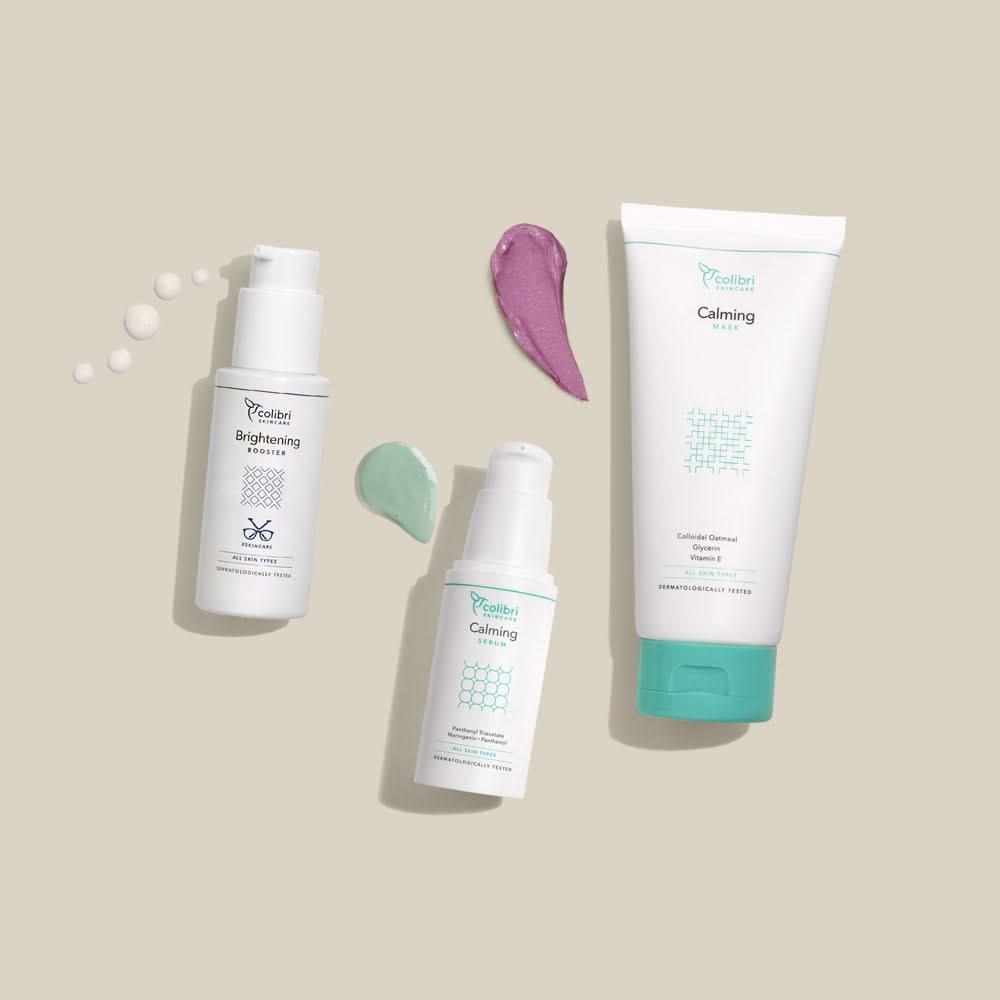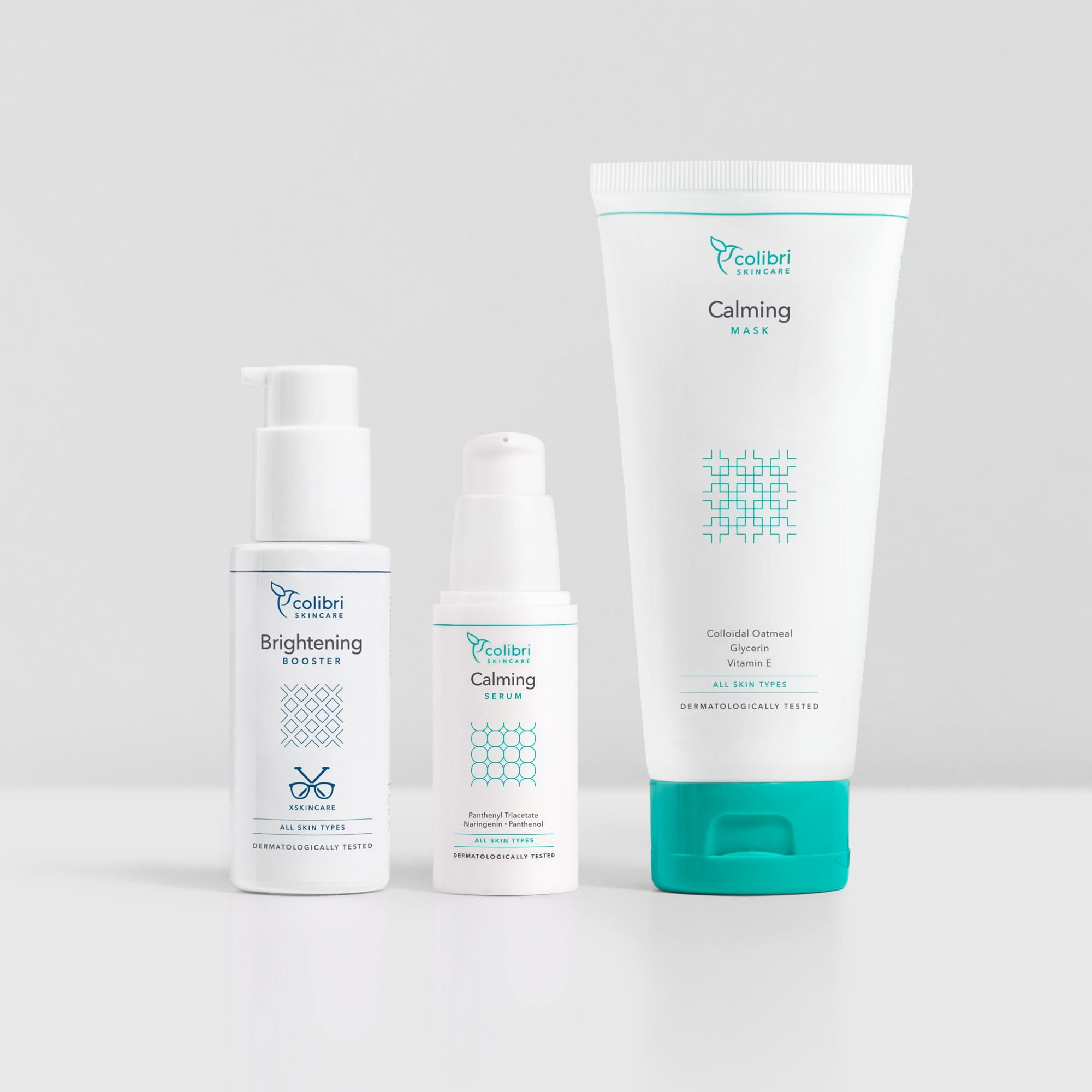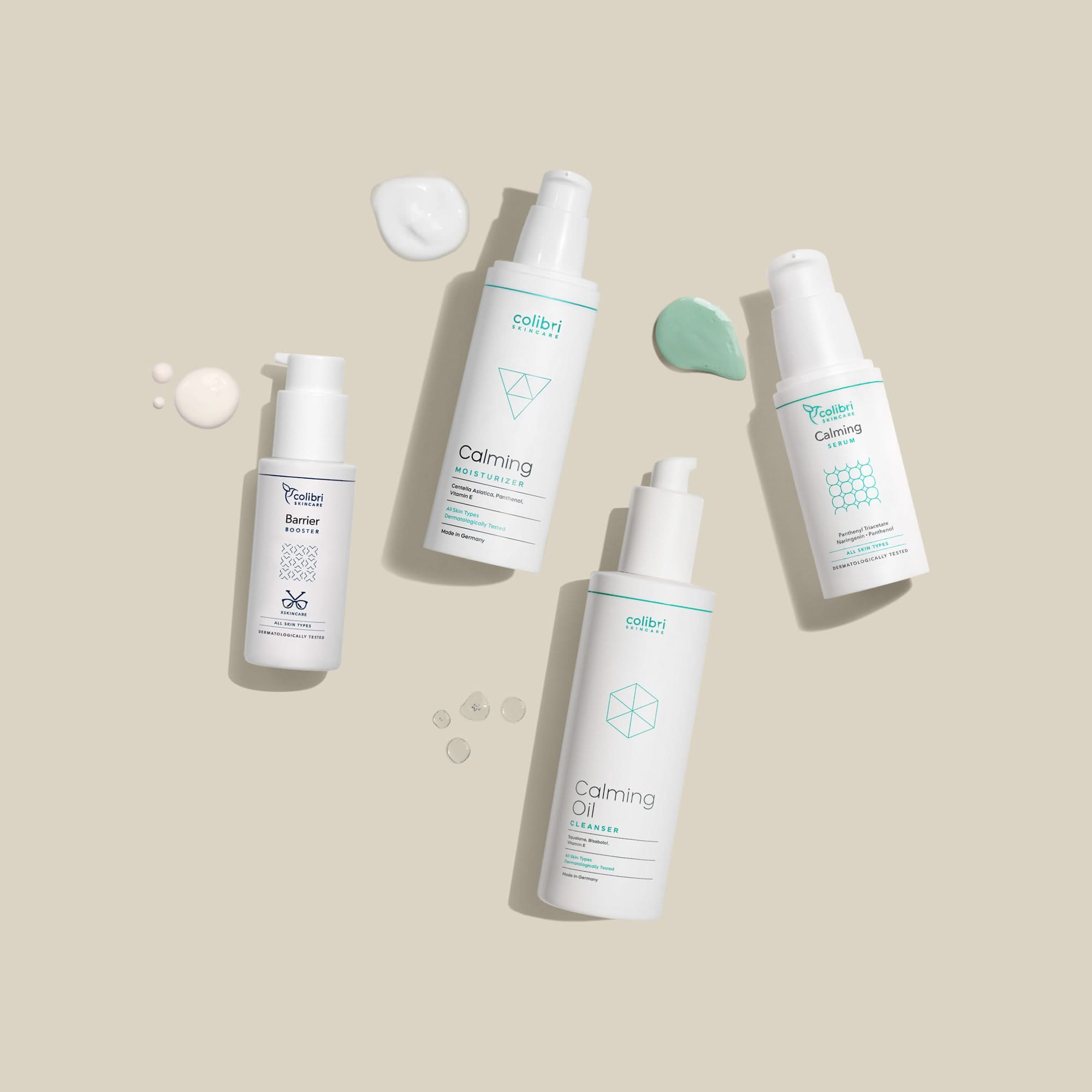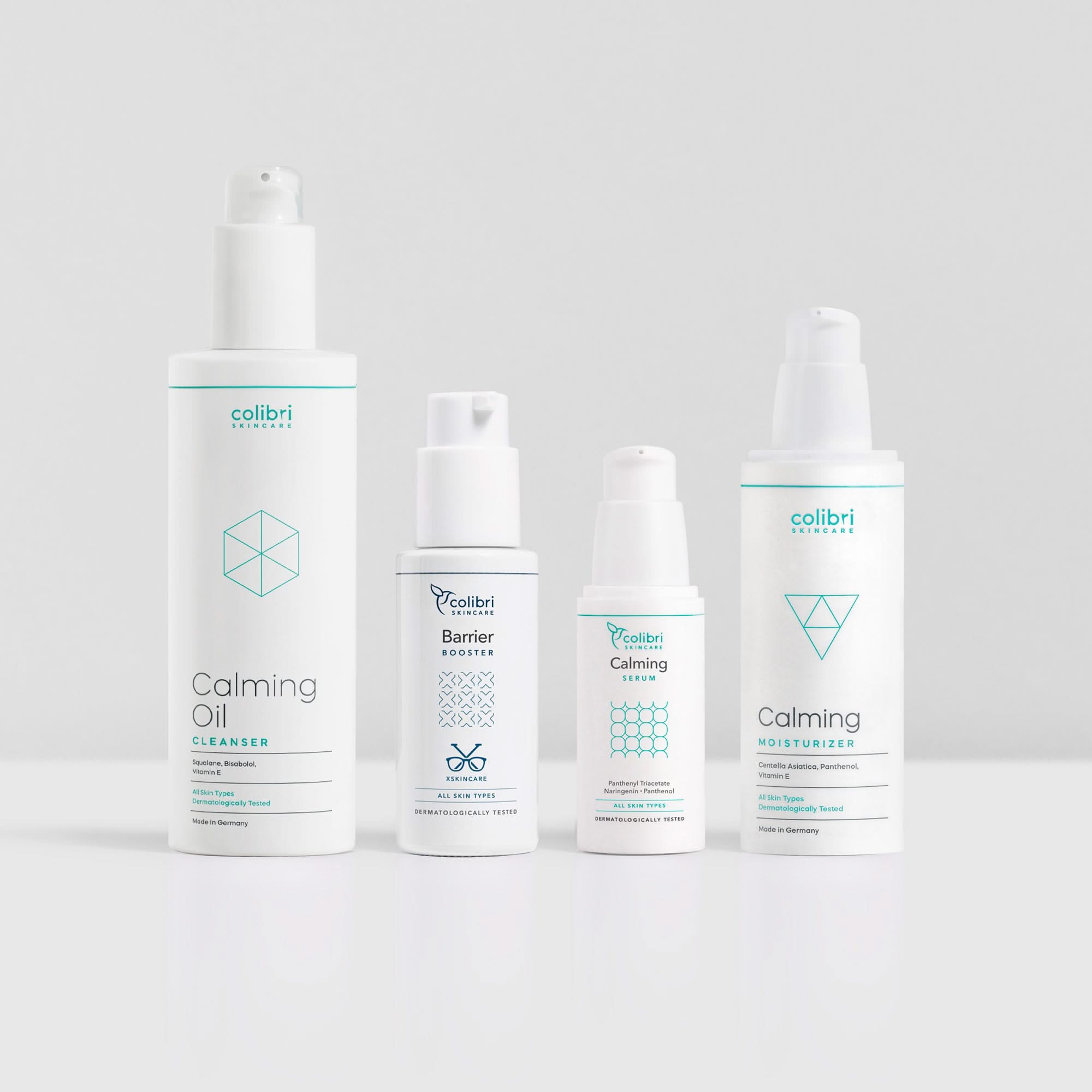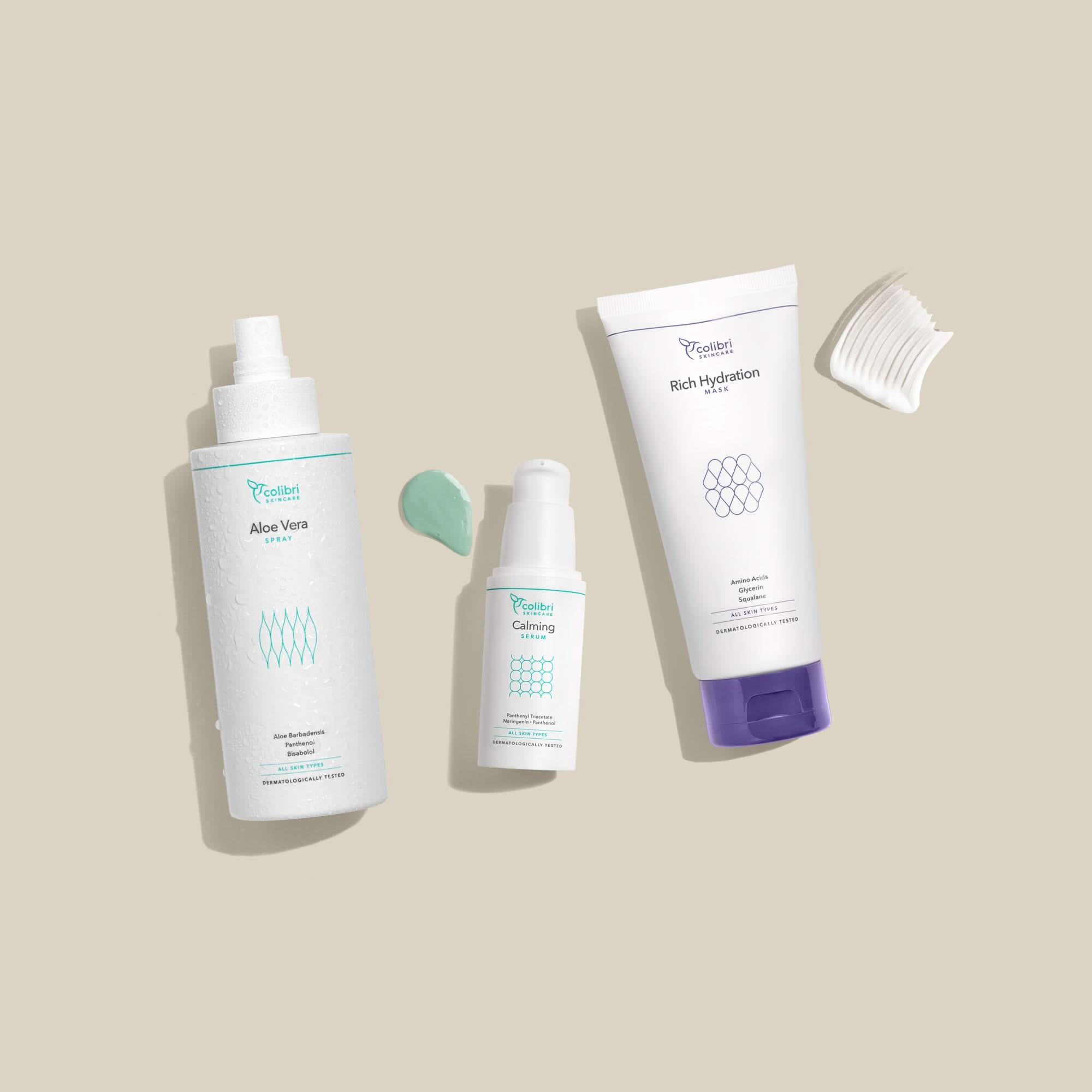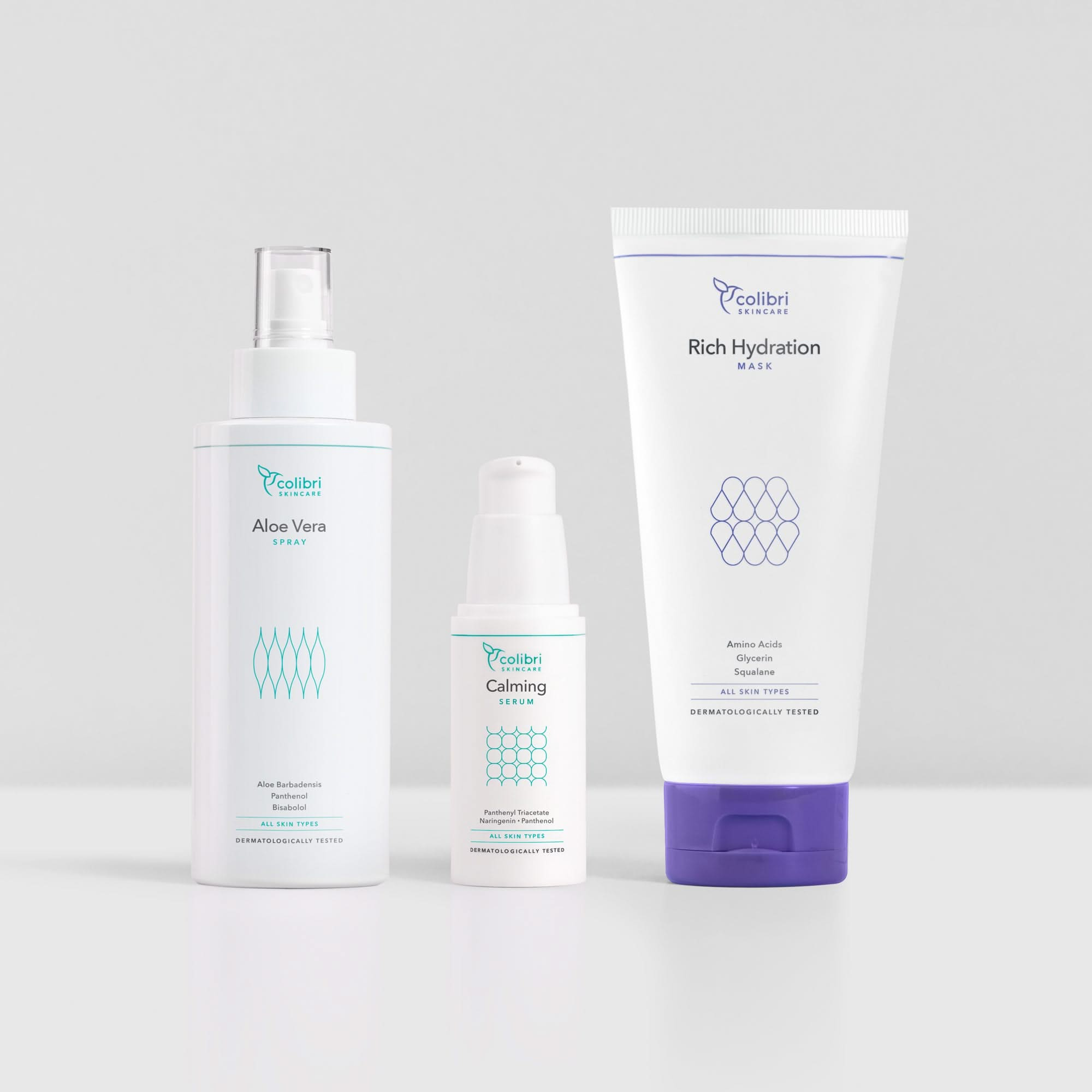4 effective ingredients against redness
1. Niacinamide: It helps strengthen the skin barrier, moisturize, and reduce inflammation.
2. Azelaic acid: It reduces inflammation and helps combat skin impurities while evening out skin tone and minimizing redness.
3. Panthenol (Vitamin B5): Panthenol has strong soothing and moisturizing properties. It alleviates irritation, supports skin healing, and effectively reduces redness by strengthening the skin barrier.
4. Aloe Vera: The juice from this plant has a cooling effect and is rich in antioxidants. Aloe Vera not only helps relieve redness but also provides intense hydration and promotes skin cell regeneration.
Redness in autumn and winter
In cooler seasons, skin redness often increases. Cold weather and dry heating air place additional stress on the skin. The skin loses moisture, weakening its natural barrier function and leading to irritation. Another factor is the transition between warm indoor spaces and cold outdoor air, which can lead to increased blood flow and visible redness. To minimize skin redness in the cold months, targeted skin care is particularly important. Facial cleansing should be especially gentle. Moisturizing creams with ingredients like hyaluronic acid, glycerin, panthenol, or aloe vera can soothe the skin and reduce redness. Rich creams with shea butter or ceramides provide extra protection against cold and wind. They create a protective layer over the skin and prevent moisture loss. Sunscreen is also essential in your autumn and winter routine. UV rays are active even in cold weather and can worsen redness.
Be aware of irritating ingredients and habits
Alcohol (ethanol), perfume, and fragrances in skin care products can cause irritation that worsens redness. Mechanical exfoliants with coarse particles can also severely stress the skin's surface, leading to micro-injuries and irritation. Although essential oils are considered natural ingredients, they can also cause irritation in sensitive skin. Therefore, tea tree oil, cinnamon oil, or lemon oil should be avoided. If your routine includes effective anti-aging ingredients, retinoids (vitamin A) are often chosen. However, they can cause dryness and redness in sensitive skin. If you want to use retinoids, start with a low concentration and observe your skin's reaction. In addition to the right ingredients, daily care habits play a crucial role. Washing too frequently and with water that is too hot, as well as using aggressive facial cleansers, can destroy the skin's natural protective film and dry it out. Over-exfoliating can also weaken the skin barrier and increase redness. Additionally, too many active ingredients like vitamin C, retinol, AHAs, or BHAs in your skincare routine can further burden your skin.

